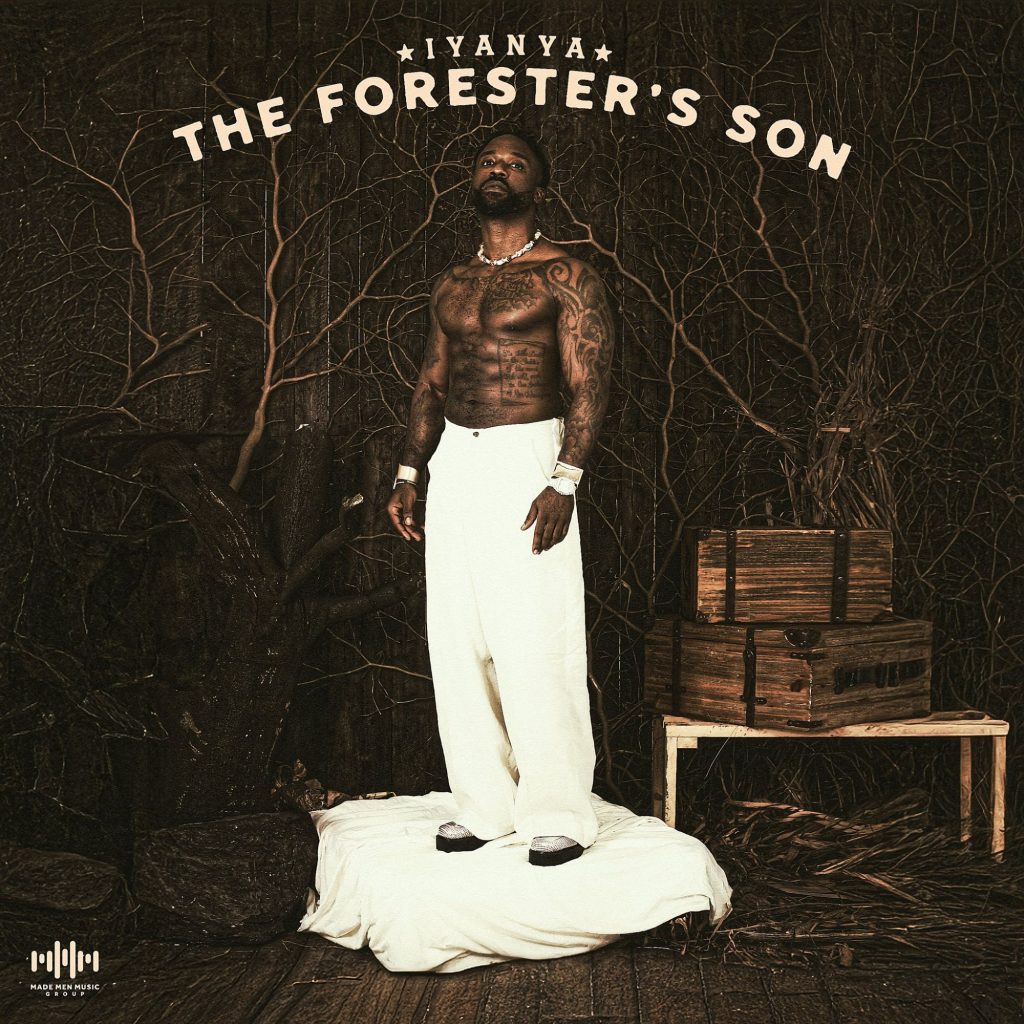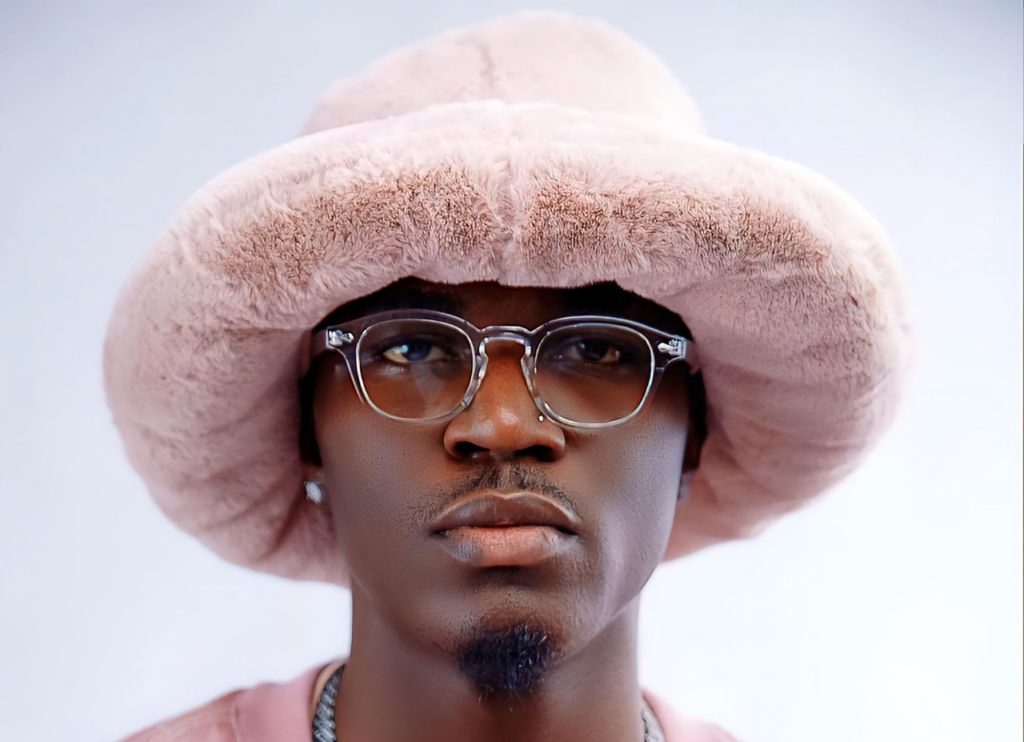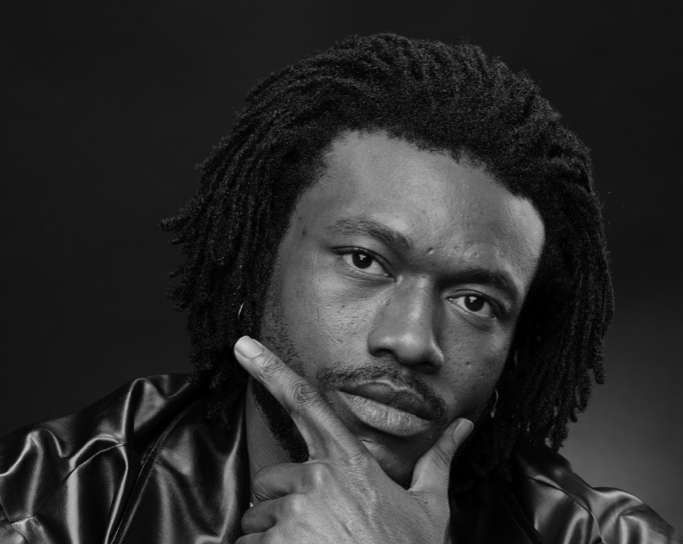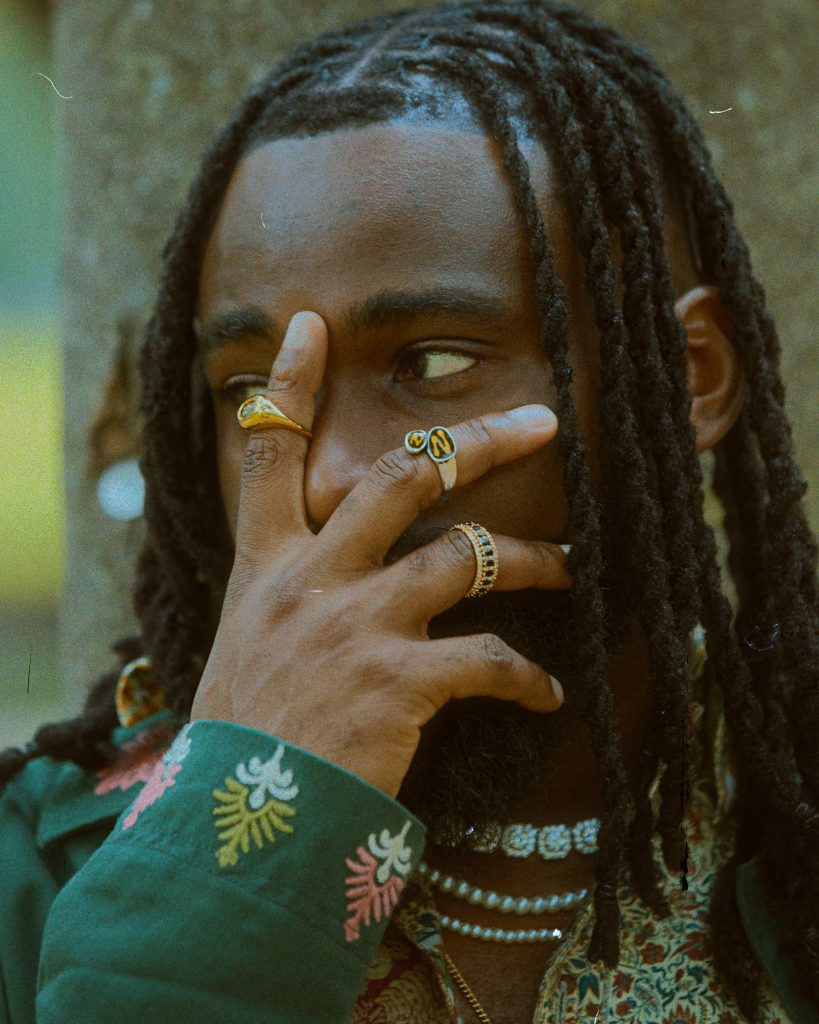“If anyone deserves to live, it is us after all these dying we have done”
Eloghosa Osunde
In Vagabonds by Eloghosa Osunde, she explicitly portrays what it means to live as a fighter and when I saw the title of Teledase’s EP, The Ones Who Didn’t Die, it transported me right back into the heartbreaking yet triumphant world of the Vagabonds. The binding themes between these two projects are unvanquished survival, undefeated personas and unscathed warriors in life’s battle.
The ones who didn’t die have looked death in the face, danced with it, eaten from its plate, maybe even tricked it so it doesn’t take them. And in triumphant cases, they fight and win and walk free. But sometimes, there’s shedding of blood when the time comes to peel off the mask. The mask is their protective gear. It forms in defense of the world’s harshness, either subconsciously or intentionally, depending on the circumstances. The stories vary. The survivors differ. The masks are diverse. But regardless of the idiosyncrasies of these vagabonds, death is not an option.
This comparison with Eloghosa Osunde is feasible because Teledase is an Afro-folk artist fusing African folklore into her sound. With Afro-folk , music meets literature, and at the center of this, the title The Ones Who Didn’t Die is itself poetic.
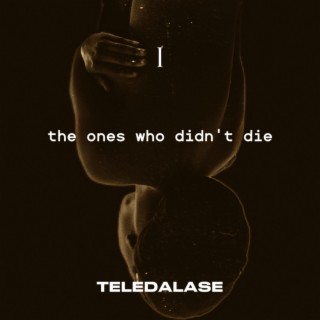
The EP starts with A warrior’s plead. “Clear all the mountains and dry up the river. I’m on my way. I’m on my way. Don’t be afraid.” And that’s how the story begins—with a brave warrior.
Teledase loosely describes it as ½ of the five tracks because it is not a complete song but an introductory song. Still, it marks the beginning of a victorious journey.
The warrior progresses on their journey in Wait for the river but is met with an obstacle. A voice keeps warning him to wait for the river to cleanse and wash him out and he replies, “I fought the battles you gave to me but I’m so reckless. I cannot set my foot on the rock. The house you built for me is shaking. He persistently defies the voice and relentlessly follows his instincts, “There’s no redemption… we will not wait for your river. We do not need your baptism.”
The Ones Who Didn’t Die is a supplication. It starts with an Arabic phrase that loosely translates to “Dear God, please protect me from evil eyes.” The warrior prays and asks God for protection and guidance. He further recites a prayer in Yoruba, declaring that all the vile people who have set traps for him will be the ones falling into them instead.
In Happiness, Teledase sings about love as a fantasy and happiness as a state of mind. Her muse is far away, and she feels lonely and can’t stop dreaming about meeting him. But it doesn’t define her state of mind. She’s content and happy. The song ends with a cheesy line, “Love is a fantasy. Love is a fan to see.”
The Ones Who Didn’t Die ends with Saworo Ilu, a proclamation of goodwill. Teledalase wishes everyone whatever is wished for her. “Eni peri mi ni ibi, ibi a ba won. Eni ro ire si mi o, ire a ba won.”The track fades with further manifestations for her loved ones, “Ire ni tomo mi. Ire ni tegbo mi. Ire ni taburo mi. Ire ni ti Iya mi. Ire ti ni Baa mi.”
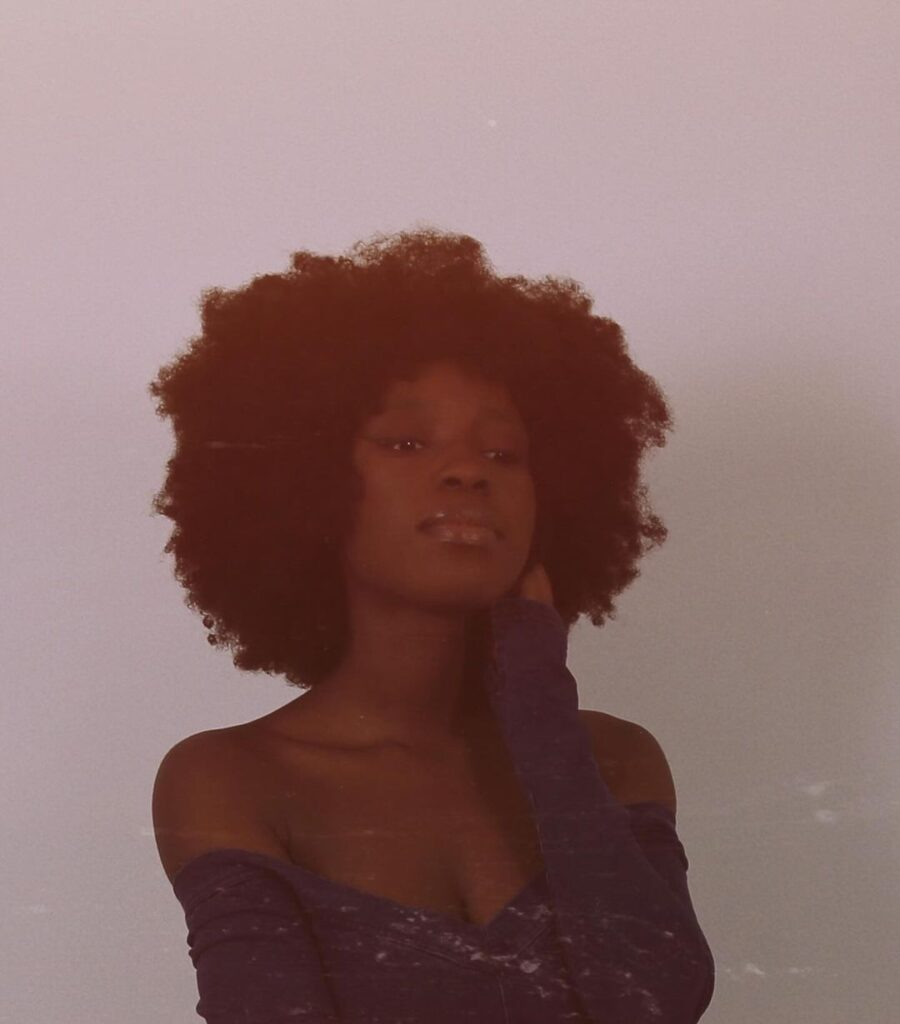
The Ones Who Didn’t Die is a poetic rendition of unscathed victory in the face of life’s battle. It is a beautiful exploration of Afro-folk and a stellar performance by Teledalase. Unequivocally, Teledase writes fervently and sings passionately. Her voice takes the form of a lullaby, soothing, relaxing and accompanied by an ethereal feel.
Listen to The Ones Who Didn’t Die here.


